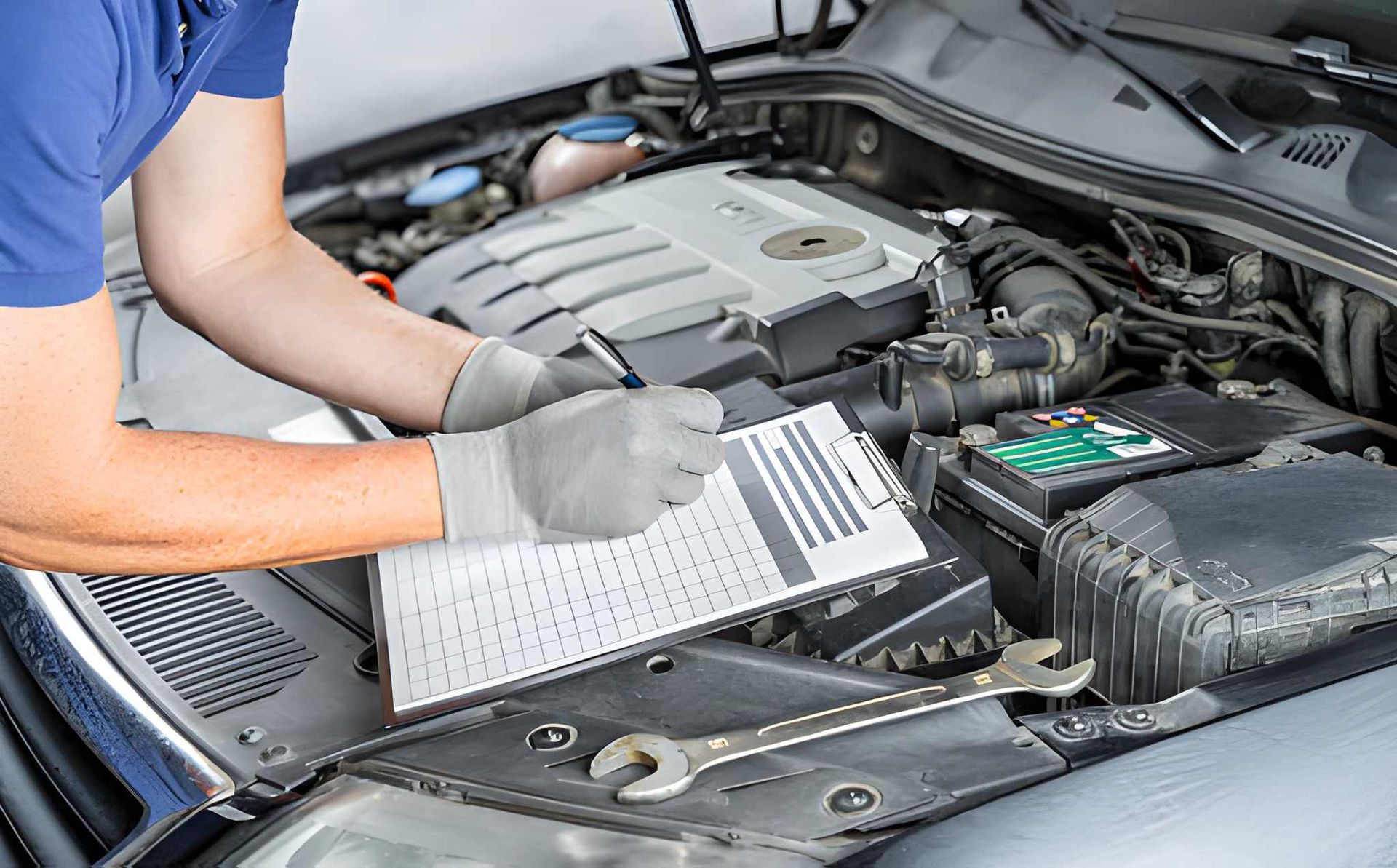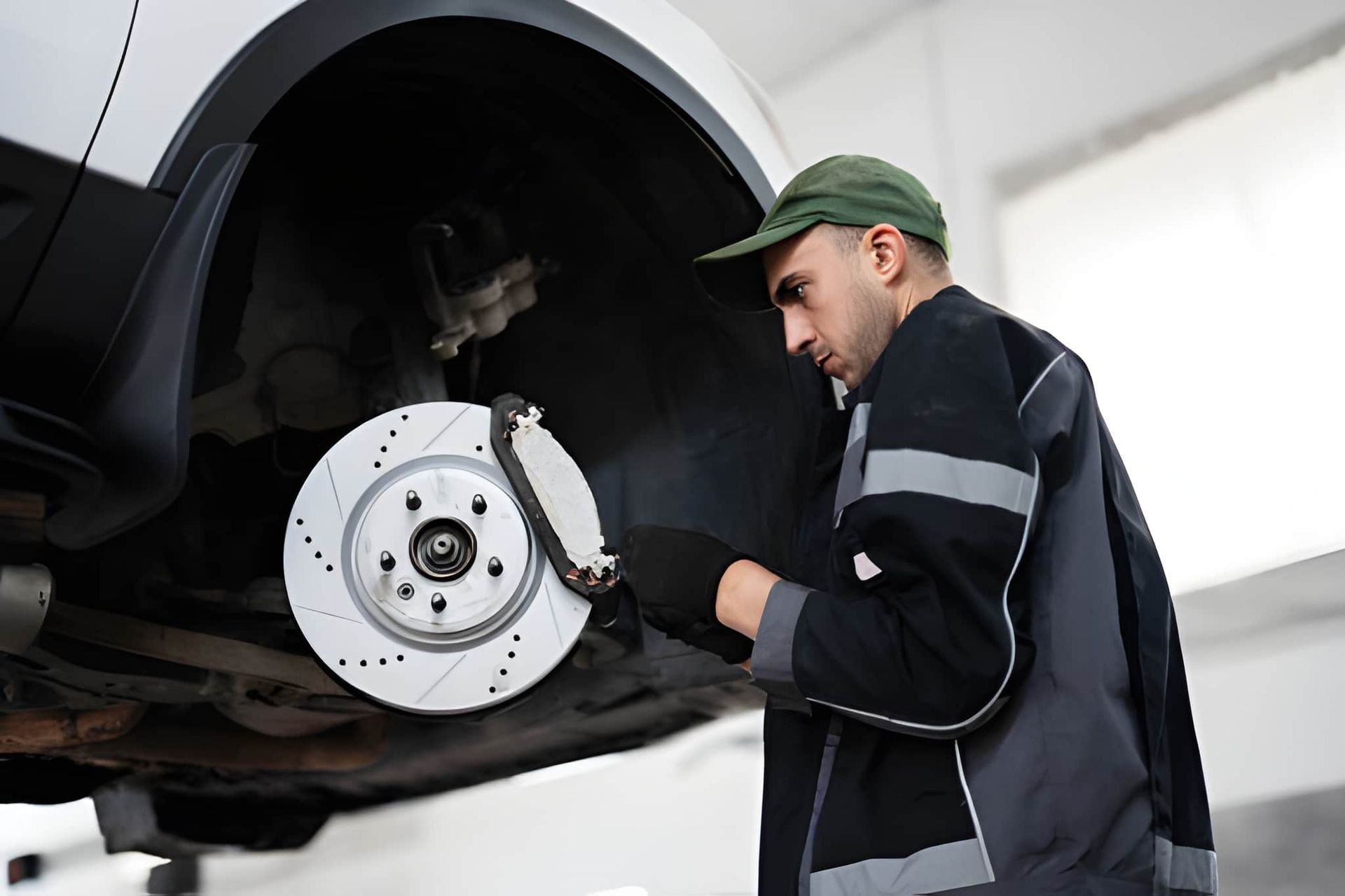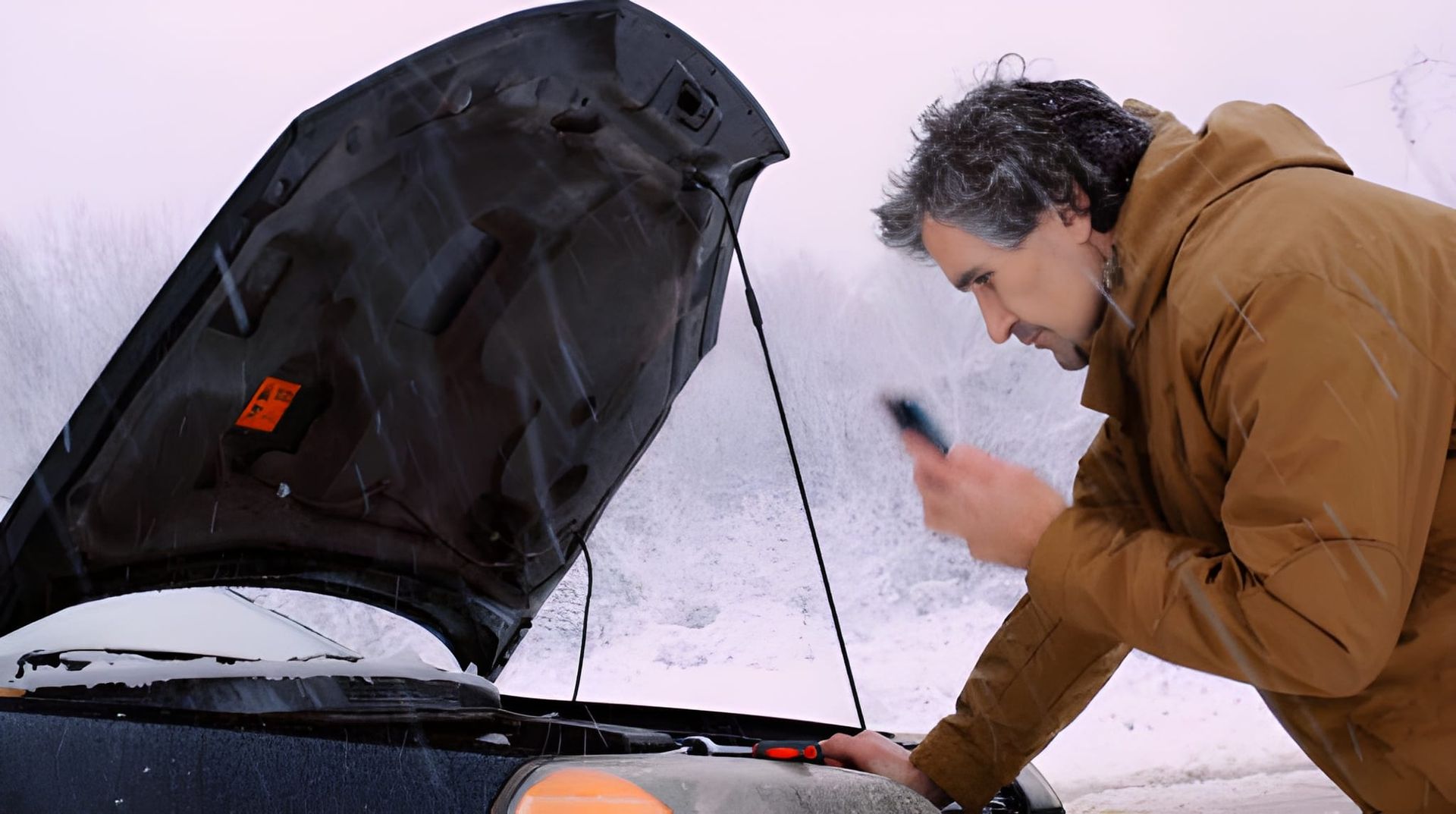Memorial Day Road Trips: Are Your Brakes Ready?
Don't forget to get your brakes looked at before embarking on any summer road trips!
As Memorial Day approaches and road trip plans are in full swing, it's essential to ensure every aspect of your vehicle is in top condition – especially your brakes. At Super Service of Pomona Valley, we understand the importance of safe and reliable braking performance, particularly during long journeys.
Join us as we embark on an extensive exploration of automotive braking systems, from understanding their fundamental operation to implementing crucial maintenance tips. With Memorial Day road trips on the horizon, let's make sure your brakes are ready to handle whatever the open road throws your way.
Explaining Brakes
Alright, fellow road warriors, let's talk brakes! Picture this: you're cruising down the highway, the sun shining overhead, and the promise of adventure on the horizon. Suddenly, you need to slow down – that's where your brakes come in. They're the silent guardians of your safety, working tirelessly behind the scenes to bring you to a safe and controlled stop whenever you need them.
Your brakes are like the superheroes of your vehicle, each component playing a crucial role in the braking process. First up, we have the brake pads – those small but mighty friction materials that grip onto the spinning discs (or drums) attached to your wheels. Think of them as the first line of defense, the ones responsible for slowing down your wheels and bringing your car to a halt.
Next, we have the caliper – the sturdy metal housing that holds the brake pads in place and applies pressure to them when you press down on the brake pedal. It's like the conductor of an orchestra, directing the action and ensuring everything stays in perfect harmony. And let's not forget about the brake fluid, the unsung hero of the braking system. This special hydraulic fluid transmits the force from your foot to the brakes themselves, ensuring a smooth and responsive stop every time.
So, as you gear up for your Memorial Day road trip, take a moment to appreciate the intricate dance happening beneath your feet – it's a testament to human ingenuity and engineering prowess.
Tips for Brake Maintenance:
Now that you understand the inner workings of your brakes, let's talk maintenance. Before you hit the road for your Memorial Day adventure, here are some essential tips to ensure your brakes are ready for the journey ahead:
- Regularly check your brake fluid levels and top up as needed with the right type of fluid for your vehicle – different cars have different preferences, so be sure to consult your owner's manual.
- Give your brakes a visual inspection every so often to make sure everything looks shipshape – keep an eye out for any signs of wear and tear, like thinning brake pads or leaking fluid.
- Listen to your car – if you start hearing any unusual noises when you hit the brakes, like squealing or grinding, it's time for a check-up.
- Don't skip out on regular maintenance – schedule a brake system inspection with our trusty technicians to catch any issues before they turn into big problems.
By following these simple tips and staying proactive about brake maintenance, you can ensure your brakes will be stopping on a dime for miles to come. So go ahead, hit the road with confidence – your brakes have got you covered, and your Memorial Day adventure awaits!
Visit Us At Super Service of Pomona Valley!
Schedule an appointment with us to ensure your car is ready for the adventures ahead in the coming year. Our business hours are Monday through Friday, from 7:00 AM - 5:30 PM. Our Pomona Valley shop is at 348 E Foothill Blvd, Pomona, CA 91767.









